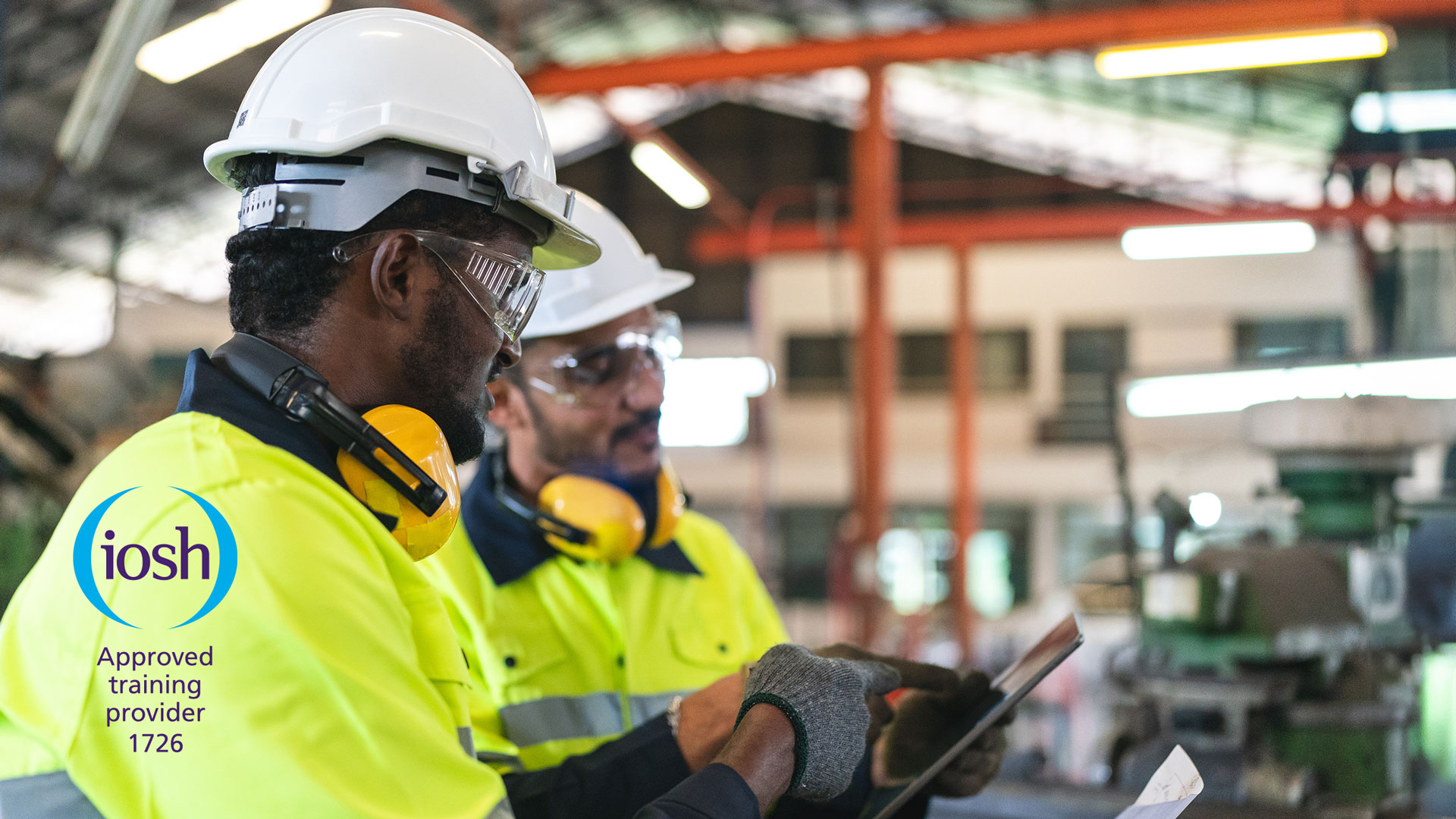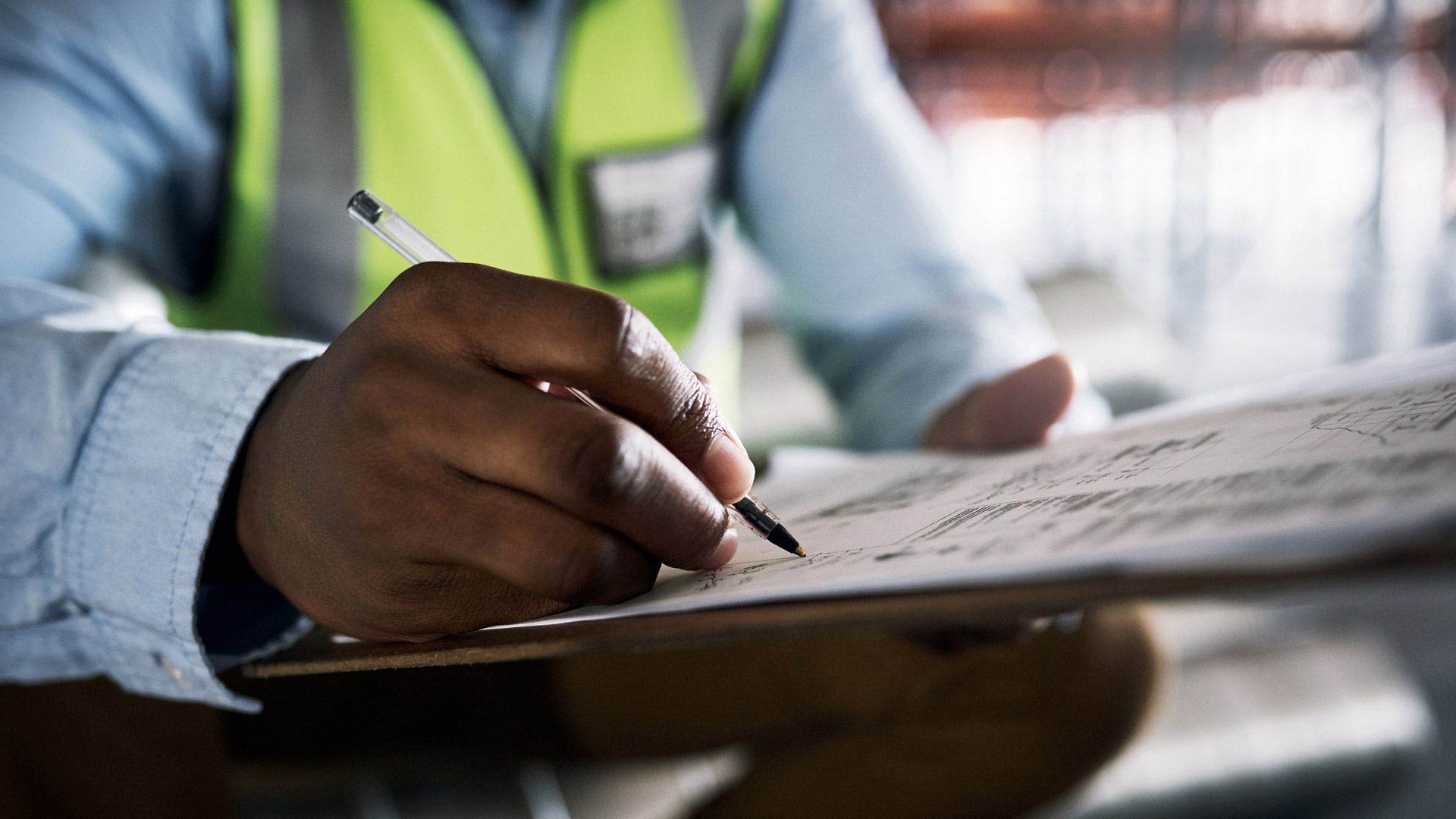Frontline workers in the UK have a positive perception of health and safety (H&S) professionals, according to a survey of more than 1,200 frontline workers by global technology company SafetyCulture.
The majority of those surveyed described H&S professionals as being ‘necessary’ (48%), ‘important for driving improvements in the workplace’ (25%), and ‘innovative and helpful’ (20%).
The findings come as frontline workers also say they’re having to cut corners and risk their safety to meet the demands of their job. More than half of respondents (56%) said they’d risked their own health and safety at work, with a quarter (27%) having done so ‘several times’.
Workers who admitted cutting corners on health and safety said they did so because they were under pressure to meet deadlines or quotas, understaffed, and poorly equipped.
The research was conducted across six sectors: construction, healthcare, hospitality, logistics, manufacturing, and retail. Frontline workers – defined as people who must physically show up for their job – represent 80% of the global workforce.
Alex Brooks-Sykes, SafetyCulture’s lead for UK & Ireland, said:
“Health and safety has had something of a PR problem in the workplace, so our findings should be encouraging for the dedicated people working hard in this profession.
“Clearly frontline workers are under pressure to be productive and efficient – when faced with clunky processes and workplace pressures, even sensible people can be tempted to cut corners. We see H&S professionals as absolutely vital to correcting this problem, and thankfully most workers seem to agree.”
However, research also suggests the health and safety profession hasn’t been able to entirely overcome stereotypes. Some frontline workers surveyed perceived health and safety professionals as ‘annoying’ (17%) and ‘old fashioned’ (18%), as well as ‘out of touch’, ‘obstructive’ and having ‘no common sense’.
Even workers who believe health and safety practices have a positive overall impact think that they negatively impact some areas of work. Approximately seven in ten workers said health and safety can hinder productivity and slow them down.
Alex added:
“Thanks to technology, the traditional concept of an H&S role is evolving. These professionals have always been essential, but what we’re seeing now is that in many cases, people in these roles are not only helping to keep people safe, they’re also helping to identify and drive improvements right across their organisations.
“Today we have the technology to react in real-time, minimise disruption and keep workers safe by ensuring they’ve got the right equipment and training to handle every situation. They’re simple principles, but they can make a big impact in almost every business.”
You may also be interested in
RELATED CONTENT
RELATED COURSES

Introduction to health and safety gives learners a basic introduction to managing safety in their workplace.

The world’s best-known health and safety certificate, designed for managers and supervisors in any sector or organisation.

IOSH Working Safely is a one-day introductory health and safety training course for people at any level, in any sector.

The Risk Assessment and Method Statement (RAMS) course examines the HSE’s recognised five-step approach to risk assessment.

IOSH has called on the British government to oversee greater investment in occupational health and improvements in managing mental health risks and fi...

Achieving and sustaining an injury-free workplace demands strong leadership. That is particularly the case at the moment, as we battle the impacts of ...

The British Occupational Hygiene Society has responded to the publication of the latest statistics from the HSE with a call for a radical overhaul of ...

A recent case has shown that even when no harm is involved in an incident, prosecutions and subsequent fines can result.